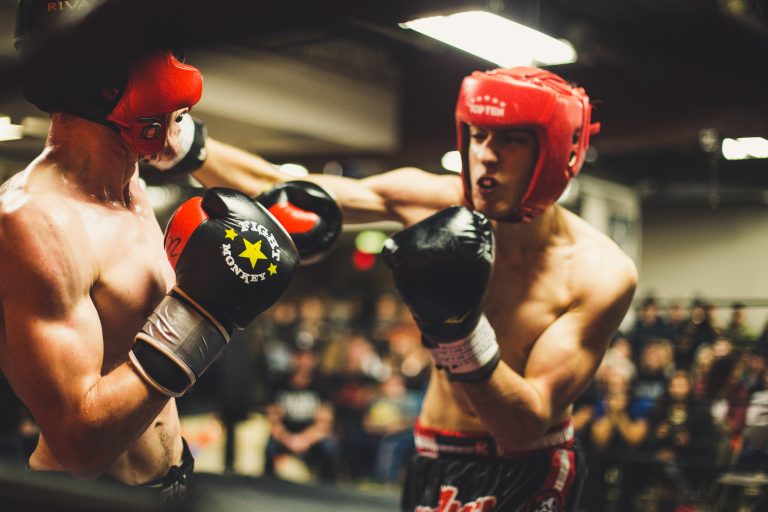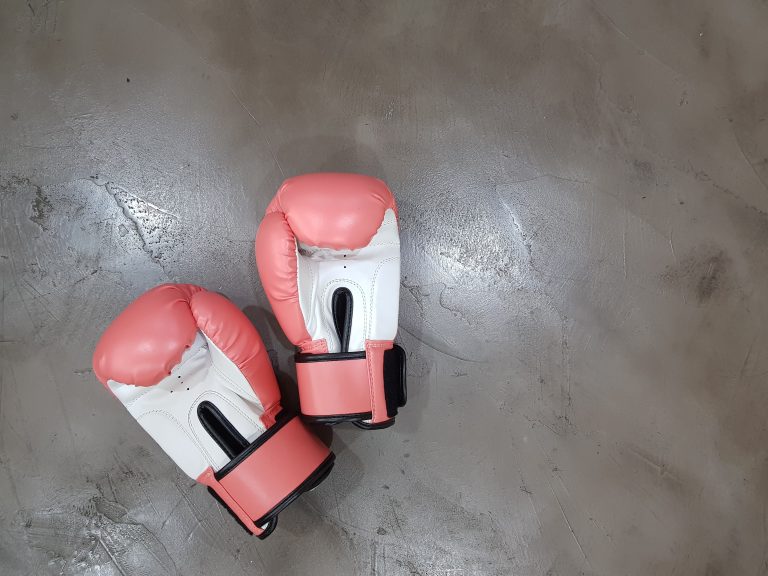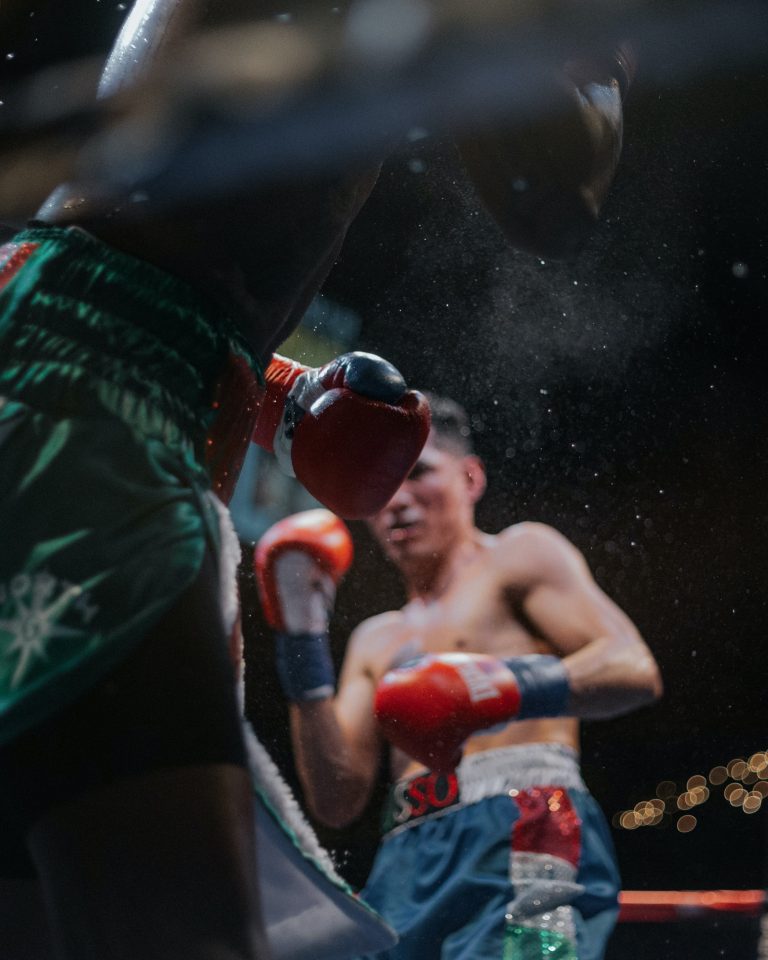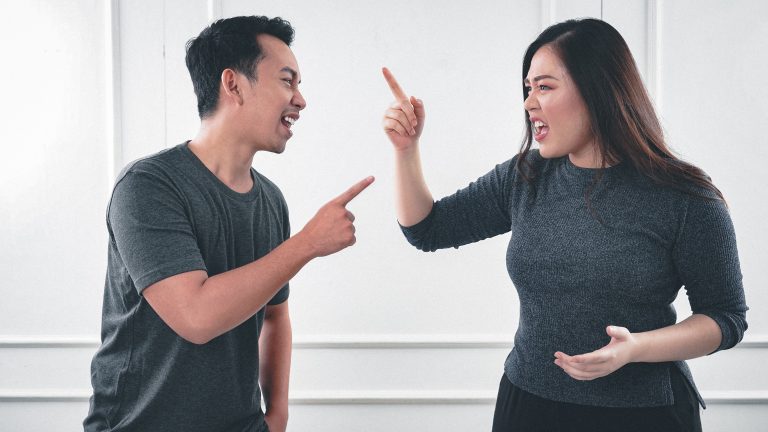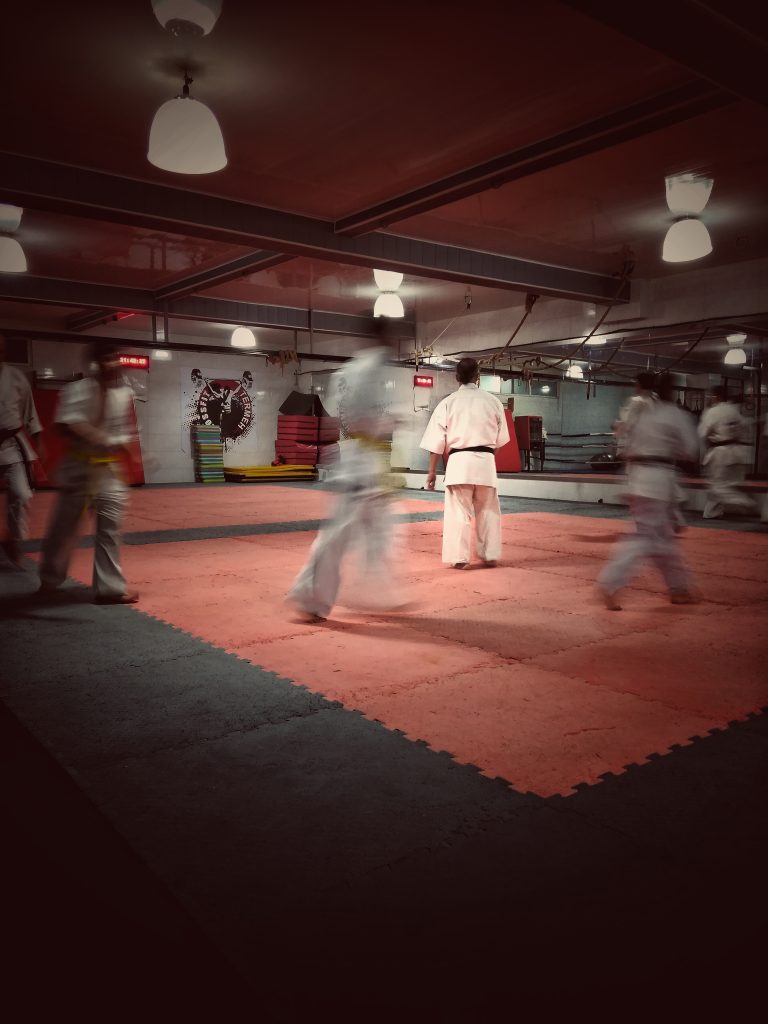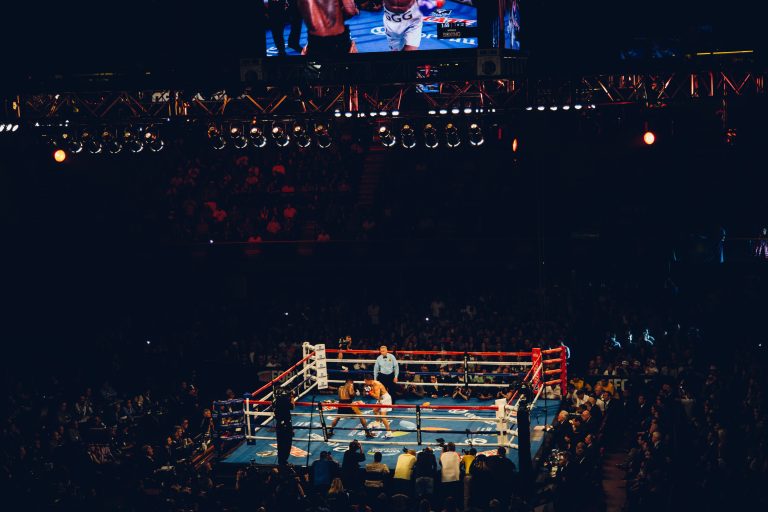Der Vater des indischen Karate
Karate ist eine Kunst der Selbstverteidigung, die ihren Ursprung in Japan hat, aber in der heutigen Zeit auf der ganzen Welt bekannt ist. Der Ursprung des Karate geht zurück auf das Ryukyu Königreich (heutige Präfektur Okinawa), wo es durch Einflüsse aus China und Japan geprägt wurde. In Indien hat diese Kunst der Selbstverteidigung jedoch einen Vater, der dafür gesorgt hat, dass sie in Indien bekannt wurde.
Sensei Taej M. Mundkur, auch bekannt als der “Vater des indischen Karate”, war einer der Pioniere des Karate in Indien. Er wurde am 18. Mai 1937 in Mumbai geboren und begann seine Karriere als Schüler von Sensei M. Otani, einem japanischen Judoka und Karate-Instruktor im YMCA in Bombay.
Sensei Mundkur war ein begnadeter Schüler und erhielt bereits in jungen Jahren den schwarzen Gurt im Karate. Er gründete später seine eigene Schule, die “Mundkur Karate School” und begann Karate in verschiedenen Teilen Indiens zu unterrichten. 1964 lud er Sensei Masatoshi Nakayama, den damaligen Cheftrainer des Japan Karate Association (JKA), ein, in Indien eine Karate-Demo zu geben. Dies verhalf dem Karate in Indien zu großer Bekanntheit.
Sensei Mundkur organisierte auch die ersten nationalen Karate-Meisterschaften in Indien und wurde später zum Präsidenten des “Karate Association of India” gewählt. Er arbeitete hart daran, das Karate in Indien zu etablieren und sorgte für eine offizielle Anerkennung des Sports durch die indische Regierung.
Sensei Taej Mundkur nahm an zahlreichen nationalen und internationalen Karate-Meisterschaften teil und wurde für seine Leistungen bei der Verbreitung des Karate in Indien mehrfach ausgezeichnet.
Heute wird Sensei Taej Mundkur als Ikone des indischen Karate verehrt. Sein Vermächtnis lebt durch seine Schüler und die “Mundkur Karate School” fort, die heute eine der renommiertesten Karate-Schulen in Indien ist.
Insgesamt hat Sensei Taej Mundkur maßgeblich dazu beigetragen, das Karate in Indien zu etablieren und gilt zu Recht als der “Vater des indischen Karate”.
Zusammenfassung
Karate ist ein weit verbreiteter Sport, der seinen Ursprung in Japan hat. Aber in Indien hat das Karate einen Vater, der sich unermüdlich dafür eingesetzt hat, dass Karate in Indien populär wurde. Sensei Taej M. Mundkur, der Vater des indischen Karate, war ein herausragender Karate-Kämpfer, Lehrer und Förderer des Sports in Indien. Sein Engagement hat das Karate in Indien bis heute geprägt und seine Schüler und seine Karate-Schule setzen sein Vermächtnis fort.
Frequently Asked Questions About the Father of Indian Karate
When it comes to martial arts, India is not the first country that comes to mind. However, India has a rich history of martial arts, and one of the most prominent figures in Indian karate is Sensei Yashpal Singh Kalsi, also known as the father of Indian karate. This blog post will answer some of the most frequently asked questions about Sensei Yashpal Singh Kalsi.
Who is Sensei Yashpal Singh Kalsi?
Sensei Yashpal Singh Kalsi is a renowned martial artist who has made tremendous contributions to Indian karate. He was born in Amritsar, Punjab, India, in 1943. Sensei Kalsi started practicing martial arts in his teenage years, and by the age of 20, he had earned his 1st Dan black belt in karate.
Sensei Kalsi has also trained in various other martial arts, including judo, boxing, and wrestling. He has represented India in several international tournaments and has won numerous medals for his country.
What is Indian karate?
Indian karate is a form of martial arts that combines traditional karate techniques with Indian martial arts such as yoga and meditation. Indian karate focuses on the physical, mental, and spiritual aspects of martial arts.
Sensei Kalsi has been instrumental in developing and promoting Indian karate. He has trained numerous students who have gone on to win medals at regional, national, and international tournaments.
What is Sensei Kalsi’s contribution to Indian karate?
Sensei Kalsi has made significant contributions to Indian karate. He has trained thousands of students in karate and other martial arts. He has also promoted Indian karate at the national and international levels.
Sensei Kalsi has written several books on karate and has also produced instructional DVDs. He has also served as a judge at various martial arts competitions and has been an inspiration to many martial artists in India.
What is Sensei Kalsi’s teaching philosophy?
Sensei Kalsi believes that martial arts are more than just physical training. He believes that martial arts can help individuals develop discipline, focus, and confidence. His teaching philosophy is based on this belief, and he emphasizes the importance of mental and spiritual training along with physical training.
Sensei Kalsi also emphasizes the importance of respecting one’s opponents, teachers, and fellow students. He believes that martial arts should promote peace and harmony, both within oneself and in society at large.
What are some of Sensei Kalsi’s achievements?
Sensei Kalsi has achieved several milestones in his career as a martial artist. Some of his notable achievements include:
– Winning the gold medal at the Asian Karate Championships in 1975
– Representing India at the World Karate Championships in 1975 and 1977
– Receiving the Black Belt Association of India’s Lifetime Achievement Award in Karate in 2006
– Being inducted into the Martial Arts Hall of Fame in 2009
What is the legacy of Sensei Kalsi?
Sensei Kalsi’s legacy is profound. He has inspired thousands of martial arts students in India and around the world. His teachings have helped individuals develop not just physical strength but also mental and spiritual strength.
Sensei Kalsi has also left a lasting impact on Indian karate. He has played a significant role in the development and promotion of the art, and his contributions will be remembered for generations to come.
How can I learn from Sensei Kalsi?
Sensei Kalsi runs the Kalsi Karate International Academy in Delhi, India. The academy offers training in karate, yoga, and meditation. Sensei Kalsi also conducts workshops and seminars on martial arts around the world.
Additionally, Sensei Kalsi has written several books and produced instructional DVDs on karate and other martial arts. These resources can be accessed online and can provide valuable insights into Sensei Kalsi’s training methods and philosophy.
Conclusion
Sensei Yashpal Singh Kalsi is a prominent figure in Indian martial arts, and his contributions to Indian karate are significant. He has inspired thousands of martial arts students and helped promote Indian karate at the national and international levels. Sensei Kalsi’s teaching philosophy emphasizes the importance of mental and spiritual training along with physical training, and his legacy will continue to inspire generations of martial artists.
Inhaltsverzeichnis

